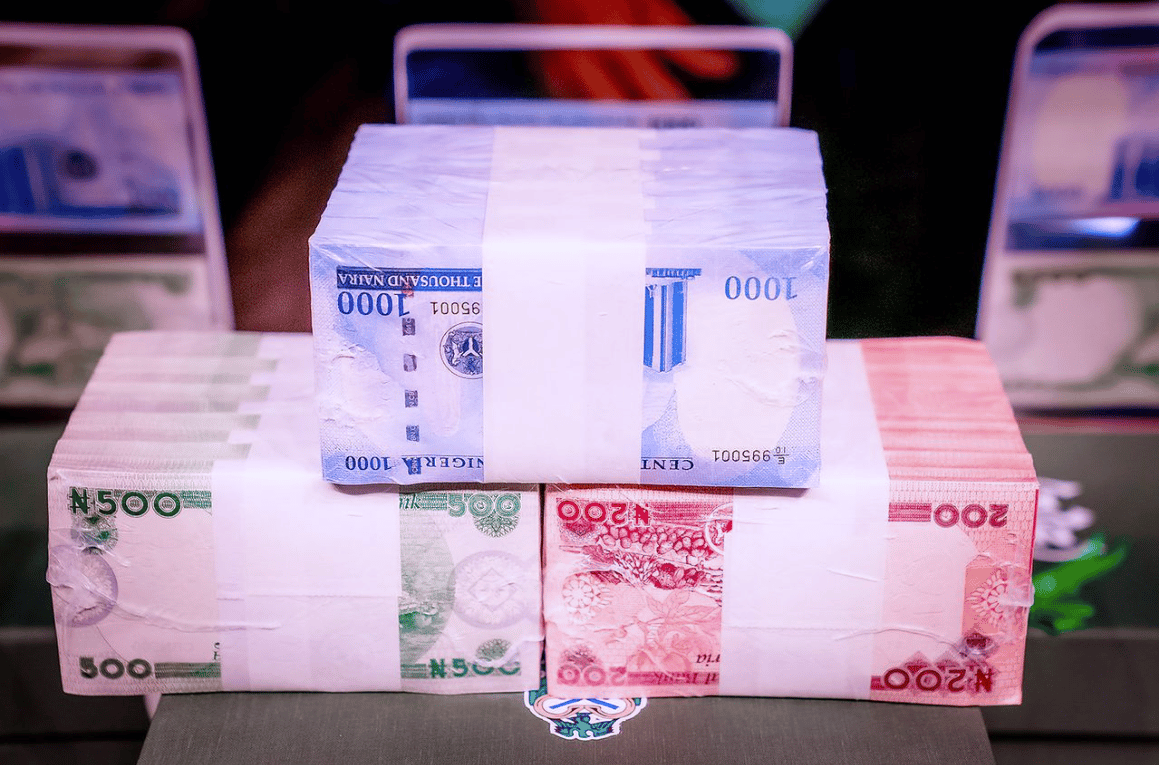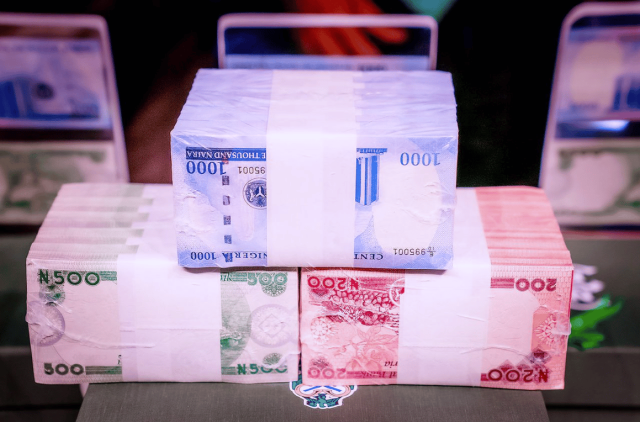
The decision of the Central Bank of Nigeria (CBN) to redesign naira notes just before the 2023 general election received kudos and knocks, depending on who is doing the talking. In an ironic twist, governors elected on the platform of the All Progressives Congress (APC) are against the policy while members and supporters of the opposition parties are in favour.
Bola Ahmed Tinubu, the presidential candidate of the ruling APC, fired the first salvo when he said the hardship caused by the naira redesign policy and petrol scarcity was a ploy to make him lose the election. He was believed to be talking about members of President Muhammadu Buhari’s inner circle.
While Tinubu’s outcry was read by the opposition to mean he was planning to buy the votes and had been stopped in his tracks by the redesign policy, he sought to clarify his claim by saying he was only worried for Nigerians who were undergoing physical and economic dislocation caused by the twin scarcities.
A more neutral reading, though, would be that if indeed it is a plot to stop Tinubu, the aim was beyond keeping the new naira notes away from circulation. It would also be to anger Nigerians and make them vote against the ruling party because of the hardship.
Anyway it goes, Tinubu was expected to be hurt — either through inability to buy votes or voters rebelling against the APC.
Now, there are indications that the cost of vote-buying may even have dropped.
FOR STARTERS, EVERYBODY SPENDS
Election spending is universal and necessary.
The US presidential and congressional campaigns of 2020, for instance, cost the Democratic Party and Republican Party nearly $14 billion — more than double what both spent in 2016.
The funds are usually expended on campaign logistics, souvenirs and advertising — unlike Nigeria where some of the money is shared directly to voters by the candidates. And this is what the Muhammadu Buhari administration says it wants to stop.
Candidates in the Nigerian presidential and parliamentary elections have already spent quite a lot of money, although there are no reliable data on the amount. This is complicated by the fact that many of the expenses are undertaken by friends and party supporters, which cannot be captured officially.
All major presidential candidates fly in private jets to campaign or attend meetings. This costs a lot of money to cover the 36 states of the federation. A lot of money has also been spent on advertising, rallies, souvenirs and entertainment.
NAIRA REDESIGN WILL HURT ALL CANDIDATES
Sharing money, or vote-trading, during elections in Nigeria is like a tradition, dating back to the first republic. There are various reasons: to reward voters, to facilitate their movements or to induce them. All purposes could also be served at one go.
However, Nigerian economy is largely informal and the unbanked is over 60 percent of the population, according to data from the National Bureau of Statistics (NBS). The implication is direct: most Nigerians would rather deal with cash than electronic transfers, which are the alternatives being offered by the government.
This is where it will hurt everyone. There are over 176,000 polling units for the elections and each party is supposed to have a polling agent. Traditionally, they are paid legitimate allowances to cater for their feeding for the day. At just N1,000 per head (it is usually far more than that), a presidential candidate will spend nearly N2 billion on agents alone. The payment is usually dispensed in cash.
The is outside of transportation costs, which at best can be discounted on the assumption that an agent will walk to the polling unit if it is nearby.
THE PRICE OF HARDSHIP
Supporters of the policy recently celebrated that the scarcity of naira notes had led to a fall in inflation and this was identified as a benefit.
This can be explained in simple economics. With consumers not having the cash to buy goods, especially the perishable ones, sellers would have to drop the price to cut their losses.
There are also seasonal drops in prices, particularly for agricultural products, which have to be accounted for in calculating inflation. The NBS does not calculate inflation based on a one-week drop in prices.
The biggest impact of the naira scarcity on the elections would be that with ordinary Nigerians now hard up — there have been protests and riots in a number of cities — votes they would normally have sold for N2,000 in the past could go for as low as N200. Some may even just demand a loaf of bread.
Nigerian politicians are known to be smart when it comes to undermining any system that requires transparency and accountability. That is why many analysts believe that the CBN policy has only succeeded in bringing hardship on the people — because the politicians would always find a way of doing what they want to do.
Whatever happens in the presidential election, you can be sure that the candidates will induce voters by any means, now that the price of vote-buying is most likely to fall as a result of the impact of the naira redesign policy.







